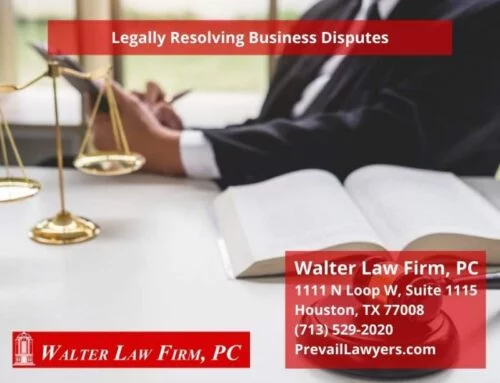A real estate deed is the document that conveys title to real estate – similar to a car title. However, since real
estate lasts much longer than a car, title to real estate can become much more complicated. A lien
on a car is shown on the title document, but liens on real estate are recorded in the real property
records of the county where the property is located. A deed may not convey all of the owner’s
interest in the property. Easements, deed restrictions, leases and mineral rights also limit the
owner’s rights and affect the owner’s right to use the property.
In general, a written document is required to transfer title to real estate. There are exceptions,
but each of them have limited uses and can require litigation to confirm that title is in the name
of the “buyer.”
Contract for deed. This is a form of seller financing that allows a buyer who cannot qualify for a
mortgage to occupy the property now, and buy it over time. A written contract is required, and
there are strict rules that must be followed by the seller in order to take the property back if the
buyer stops paying. Few sellers do them correctly; both the seller and the buyer would be better
off to use a deed, with a note and deed of trust as security for the payments, to avoid potential
problems.
Sometimes a contract for deed is wrongly referred to as “rent to own,” which implies that all rent
payments are applied to the principal purchase price. If they are, the seller doesn’t receive full
value for the use of the property; if they aren’t the buyer often feels that the transaction is unfair.
I’ve never seen a deal that was intended to be “rent to own” that was fair to both parties.
Verbal contracts. If there is a clear agreement to sell identified property, at a specific price, the
buyer can sometimes enforce the contract even without a written document. In order to enforce
a verbal contract to purchase real estate, the buyer must show that they’ve paid at least part of
the purchase price, and that they’ve made improvements to the property. Invariably, a lawsuit
will be required to establish the terms of the contract, and they buyer’s title to the property. This
is significantly more expensive for both parties than preparing proper documents in the first place.
Inheritance. It’s possible to acquire at least equitable title to real estate by inheritance, but the
preferred practice is to probate the will, or do an heirship proceeding within 4 years of the owner’s
death, and obtain a court order confirming the new owner’s interest. In many cases, in many
cases, the Administrator or Executor of the estate will provide a deed to the heir, or record the
court order in the real property records, to facilitate any future sales.
Adverse possession. A method of acquiring title to property without purchasing it, adverse
possession is sometimes called “squatters’ rights.” However, this popular name implies that it is
quick, simple, inexpensive and certain, when it’s really none of those things. A person claiming
title by adverse possession must show that they’ve occupied the property for a certain number
of years, and that they’ve done so openly, exclusively, and adversely to the rights of the true
owner. For this reason, most of the claims of adverse possession fail. Even when they’re
successful, title by adverse possession requires a suit against the former owner (and their heirs),
and often a four year delay after a judgment in their favor before the person claiming title by
adverse possession is able to sell the property.
The simplest way to make sure you get what you’re paying for is to require a deed from the seller,
along with title insurance to make sure that if other claims are discovered after the sale, you’ll
have a way to clear them. Title insurance is typically purchased when the sale is closed. The title
company will search the real property records to see all the recorded documents that affect title
to the property, and will require that any liens be paid at closing. Then the title company insures
that if any claims to the property are discovered later, they will pay to clear up those issues.
As in most situations, an ounce of prevention is worth a pound of cure. If you are considering
purchasing real estate and are not also receiving title insurance, or if there are any questions about
title, consult your favorite lawyer, because It Feels Good to Prevail!






